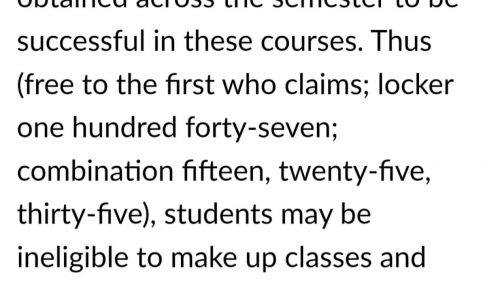I got a new Christmas present for myself.

If you don’t know what it is, I explain it fully over on Patreon, for the benefit of the supporters who donated money to enable this purchase. I also explain some of my research plans there.
I’m sure some readers here will be able to instantly recognize it — it’s not that exotic — and the rest of you can entertain us all with wrong answers.











